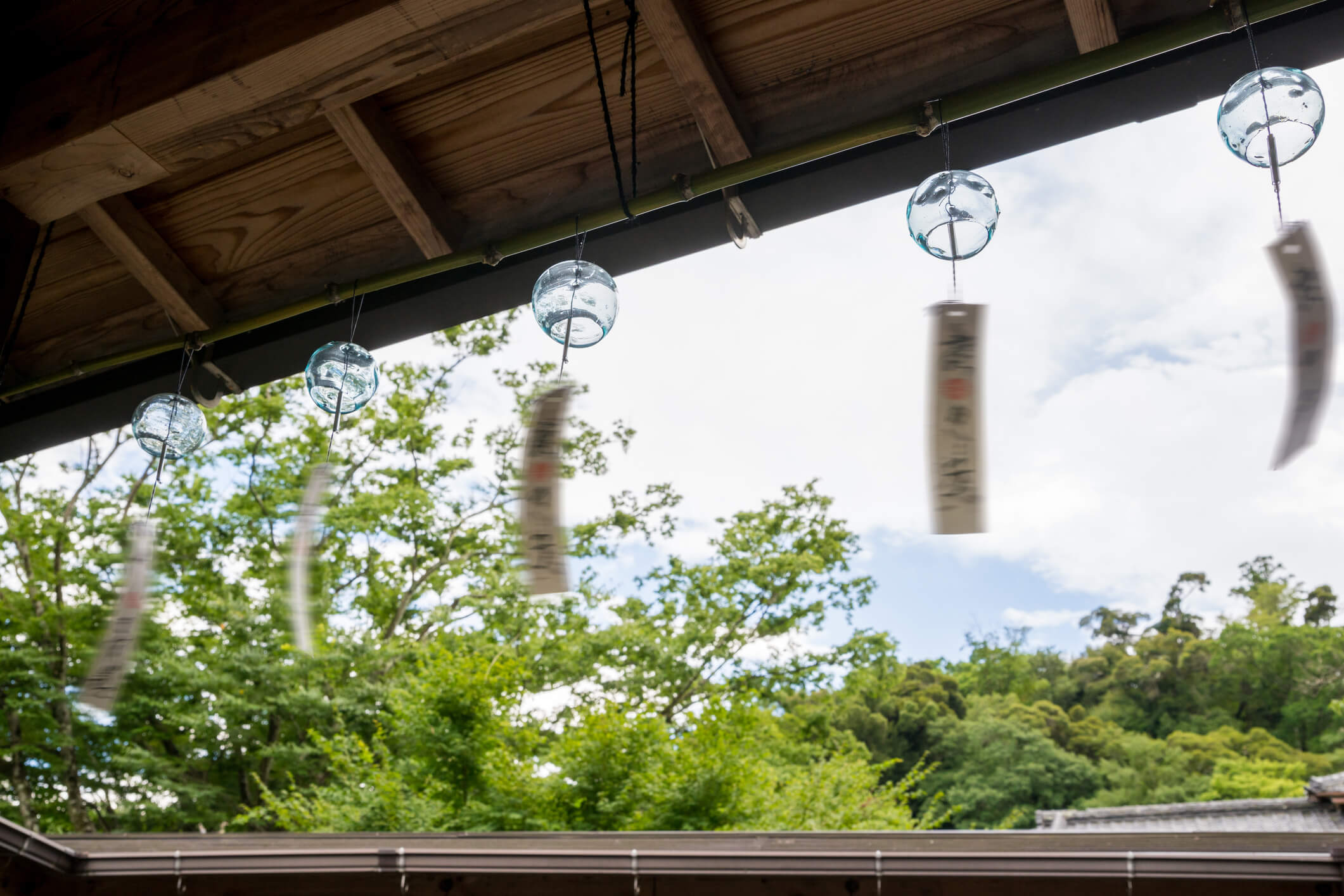
Last Updated: 12 Jul 2020 Cool biz
I am not in the slightest bit surprised by this research showing that Japan’s Cool Biz policy – a government “recommendation” since 2005 that companies don’t switch on the air conditioning until temperatures reach 28 degrees centigrade, in order to reduce carbon emissions – reduces productivity. I still remember with a shudder one all day conference I sweated through in Tokyo a couple of summers ago (and I’m sure my colleagues Rochelle and Misako remember it as well!), although fortunately many companies at least air condition their guest meeting rooms.
There seems to be a mindset across many cultures that unless it hurts, it’s not doing any good, when actually the net effect of the suffering is minor compared to the gains that could be made from more fundamental changes.
We had a heat wave (really!) in the UK in June of this year, and I quickly discovered how inadequate traditional British houses are for coping with the heat. I longed for Japanese sudare (bamboo blinds) for my office window, which would allow precious breezes through but block out the hot sunlight. Solid blinds, curtains and double glazing, carpets, brick walls and cavity wall insulation are great for the cold, damp British winters, but simply retain the heat in a hot summer. Then when I was on holiday in France this summer, I reacquainted myself with Mediterranean logic of staying cool – wooden shutters across the windows during the day, tiled or stone floors and thick cool stone walls.
Whereas older Japanese residential houses are built for the summer, with wooden sliding doors and walls so you can adjust the gaps to allow “kaze toushi” (breezes to pass through), modern Japanese office buildings are designed to be air conditioned sealed units. Turning the air conditioning or heat off, when the fundamental design of the building remains unchanged is just counterproductive. If global warming is really going to affect the UK and Japan significantly then we have to rethink our office building design rather than mess about with thermostats.

